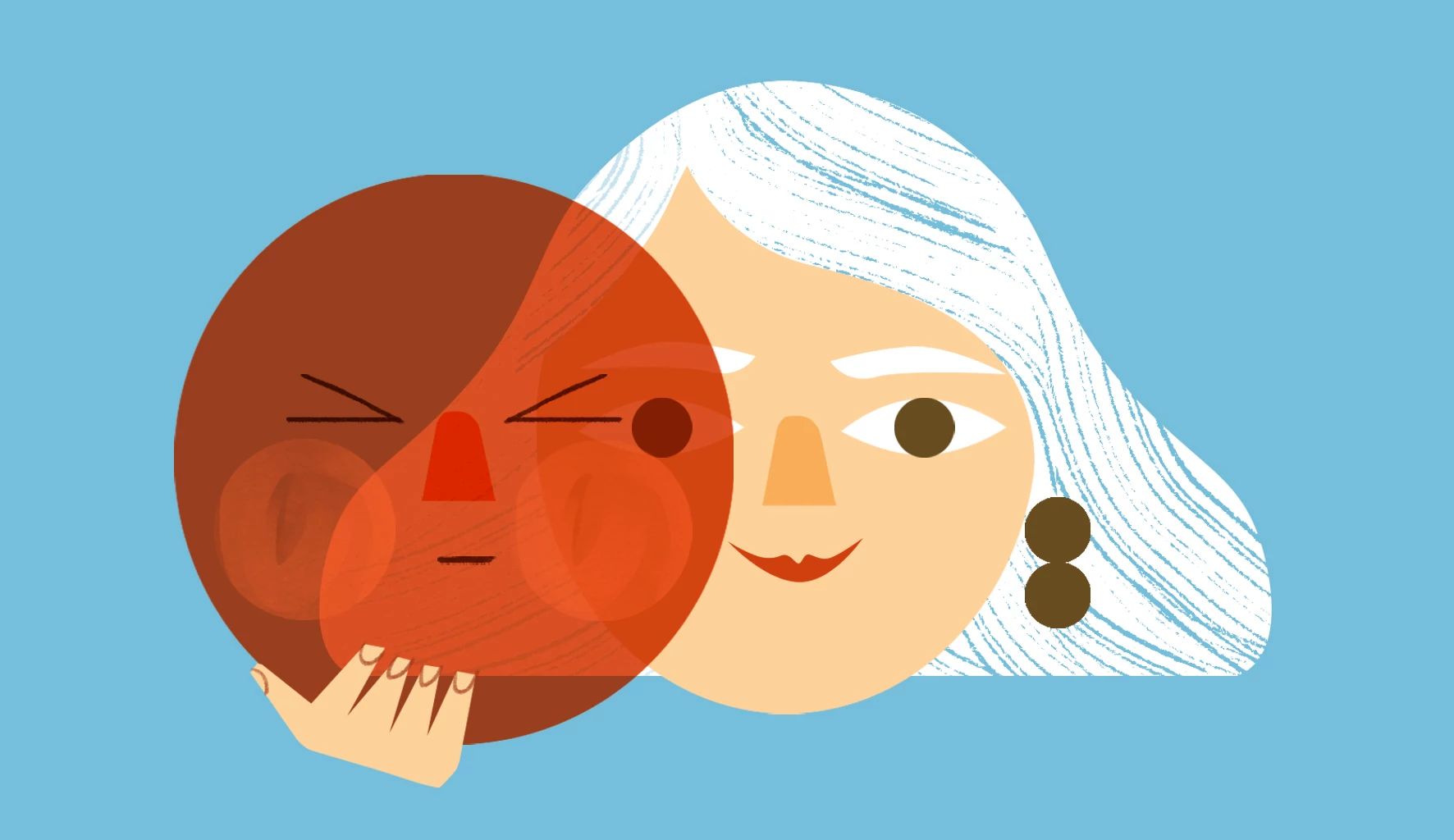Play all audios:
I was ashamed of my somewhat boisterous personality. I have always been one who is first heard, then seen. I talk and laugh loudly. Attendance at social events would prompt my former spouse
to sternly warn, “Don’t embarrass me.” I was terrified of speaking publicly and flatly refused any invitation to do so. I feared meeting new people. I rehearsed introducing myself. I was
cautious, avoiding situations that placed me in a position of humiliating myself or my husband. I manifested a classic sign of one who feels constant shame: the desire to hide. Guilt,
remorse and regret — most people experience these emotions. We analyze what we did wrong, admit fault and apologize. We should be able to get past uncomfortable experiences and move on, but
as a grown woman, I could not complete the process. Women are especially susceptible to feeling shame for a past over which they had no control, according to author Brené Brown, who has
spoken extensively on shame, vulnerability and empathy. Talking about the shame we experience brings a sense of control that gives us the strength to overcome our feelings and move forward
with our lives. ABOUT _THE ETHEL_ _The Ethel _from AARP champions older women owning their age. Subscribe at aarpethel.com to smash stereotypes, celebrate life and have honest conversations
about getting older. My 40s ushered in the evolution of a new outlook. After decades of believing I had been a bad daughter, wife and mom, I made a conscious decision to be grateful for
things I had done right: finally marrying a man who actually adores my loud laugh, raising children who grew up to be fine adults despite my many parental blunders, and accepting myself for
who I am. I realized I was not a failure. As I aged, I became more tolerant, empathetic and less critical of myself. Soon after entering my 50s, I made the terrifying but exciting decision
to complete the education I had abandoned. Instead of beating myself up over years of procrastination, I embraced the belief that my timing was perfect. I was ready to finish what I’d
started and worked hard, hoping only for a finish. My walk across that stage after three years of perfect grades became a pivotal step in my journey out of blame and shame. In my 60s, I am
still on that journey but traveling with lighter luggage because I refuse to drag along a fat suitcase of past mistakes. The younger voice inside my head that still occasionally whispers,
“You should be ashamed,” has been drowned out by an older, louder and stronger one that shouts, “You should be proud!” That voice is mine. _AARP essays share a point of view in the author’s
voice, drawn from expertise or experience, and do not necessarily reflect the views of AARP._

